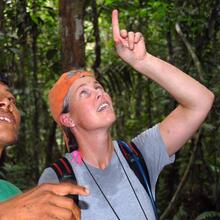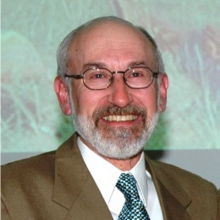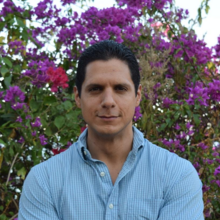Tropical Forest Crises: A Global Discussion in a Pandemic Year
Zoom URL TBD
Panel
Panel 1 Presentations
Tropical Forest Crisises: A Global Discussion in a Pandemic Year (1 hr 15 min)
Break (15 min)
Panel Discussion + Q&A (45 min)
Headline crises of 2019 and 2020 include record-high temperatures, an increase in severe weather events, and devastating forest fires in the Amazon, Congo Basin and Australia. Like the Covid-19 pandemic that has swept across the globe during the past year, these crises have been linked to the loss and degradation of the world’s tropical forests. Dramatic, event-based crises can result in swift media attention and calls for funding and logistical support for humanitarian and conservation relief efforts. However, if we interpret these acute crises as symptoms of the chronic and intimately interconnected environmental crises facing modern society (social and environmental injustices, biodiversity loss, deforestation and climate change), we are left with the questions of how and where to focus our efforts and how we design solutions at a meaningful scale. Our panel of experts will discuss the challenges facing tropical forests across the globe and their drivers and consequences. They will also offer insights into the complexity and nuance required to identify and address challenges, conceptualize solutions, and facilitate change.
-
What are some of the patterns you see in the challenges facing tropical forests across the globe?
-
When is the moment in time in which you felt the ability to identify issues and policies impacting tropical forests and propose changes? What was the setting that created these perceived opportunities for change? How were the opportunities seized or slowed?
-
What are some of the greatest successes and failures you have seen (or taken part in) in response to tropical forest crises by different stakeholders (consider the scientific community, civil society, government, the private sector, forest communities)?
-
What are some of the key hurdles which must be overcome in order to improve the management of tropical forests? What do paths forward look like, and how are they interwoven and diverging across different regions or for different actors/stakeholders?
-
How has the pandemic changed thought and practice with regards to tropical ecology and conservation (e.g., research collaborations, conservation funding, tropical forest communities, public policy)? Is there an expectation that these changes will be long lasting?



